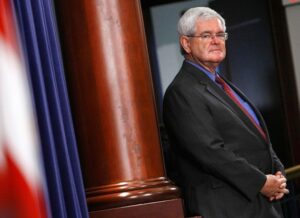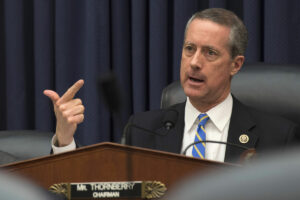I want to stand with an embattled Republican U.S. senator who chose to honor his sacred oath rather than following a path toward blind partisan fealty.
Mitt Romney, the GOP’s 2012 presidential nominee, voted to convict Donald John Trump on an allegation of abuse of power when the Senate cast its vote to acquit the current president.
That has brought a barrage of scorn and recrimination from Trump’s loyalists. One of them is Fox News talker Jeanine Pirro, a former judge from New York who said this, according to The Guardian: “get the hell out of the United States Senate,” while claiming that “your dream of endearing yourself to the Trump-hating left is a joke.”
Sigh …
Pirro doesn’t know what she’s talking about.
Sen. Romney, a freshman from Utah, is more of a Republican than Pirro or her Fox pals ever have been or ever hope to be. He is a man of deep religious faith. He takes the oath he took to deliver “impartial justice” as seriously as he could take any oath he’s ever taken.
So he voted to convict Trump on a single charge brought to the Senate from the House of Representatives impeachment. Trump was still acquitted. Romney’s vote didn’t matter, a point he made while declaring his intention to cast a “guilty” vote in a speech on the Senate floor.
I am reminded a bit by a former Republican House member I got to know well while I worked as editorial page editor of the Amarillo Globe-News.
Larry Combest represented the 19th Congressional District, which for a time included the southern portion of Amarillo. In the mid-1990s, Combest resisted a GOP-led farm policy overhaul. It was called “Freedom to Farm.” Combest stuck it in then-House Speaker Newt Gingrich’s eye when he opposed the Freedom to Farm legislation.
Gingrich demanded loyalty to the party platform. Combest was unwilling to grant it. Why? Because the farmers and ranchers in West Texas — for whom Combest worked — opposed the legislation. Combest was more loyal to them than to the House party leadership.
Accordingly, Mitt Romney was more loyal to the oath he took than to the president of the United States. Mitt Romney didn’t get my vote for POTUS in 2012. He gets my undying respect now.









